SSTF Conference Download
Sustainable Shipping Forum Downloads
Download of all presentations of 26-09-2019
Download of all presentations of 27-09-2019
Wir weisen Sie drauf hin, dass die Präsentationen dem Urheberrecht unterliegen. Beachten Sie die wissenschaftlichen Zitierregeln bei Verwendung von Teilinhalten. Die jeweiligen Autoren haben uns zugestimmt, die Präsentationen hier als Download zur Verfügung stellen zu dürfen, dafür sagen wir Danke.
We point out that the presentations are subject to copyright. Please observe the scientific citation rules when using partial contents. The respective authors have agreed to make the presentations available for download here, for which we say thank you.
Thursday, September 26thIntroduction to Sustainable Shipping Technologies Forum
|
| The introduction to the Sustainable Shipping Technologies Forum (SSTF) will take place in the large engine area of the symposium “The Working Process of the Internal Combustion Engine”. Selected technologies for future marine transport will be presented in impulse speeches. | |
| 12.00 |
New Technologies for Sustainable Shipping(Impulse speech to the Sustainable Shipping Technologies Forum) Igor SAUPERL;
Plotting a course for methanol as marine fuelEelko DEKKER;
Let’s Navigate towards Zero-Emission Shipping!Roel VAN DE PAS;
Energy Storage SolutionsStian HILDE; |
| 12.30 |
Mittagessen/ Lunch – „Stefaniensaal“ |
Sustainable Waterborn Transport
(Hall “Blauer Salon”)
CHAIR: Martin BORGH; SSPA, SE
| 14.30 |
Shipping innovation challenges within a framework for sustainable transportPeter CRAWLEY
Swedish Transport Agency, the Swedish administrations experiences and vision for change over to alternative fuelsSaeed MOHEBBI;
An urban fleet turns greenKarsten SCHÖNEWALD;
GRENDEL – Green and efficient Danube FleetLucia KARPATYOVA/ Manfred SEITZ;
Coffee break at exhibition area |
Hydrogen Ship Propulsion
(Hall “Blauer Salon”)
CHAIR: Roland KIRCHBERGER; University of Technology Graz, AT
| 16.00 |
Is hydrogen becoming a must-have marine fuel?
|
| 17.30 |
End |
Friday, September 27thAdvanced Fuels and Coating
|
| 9.00 |
ADVANCEFUEL EU-project and Marine FuelsMartti LARMI;
Zero emission (short sea) shipping – A recap of the Norwegian wayPeter KOCH;
AIRCOAT – A bio-inspired passive air lubrication technology to increase sustainability and fuel efficiency of shipsJohannes ÖFFNER;
Coffee break at exhibition area |
Advanced Ship Propulsion Systems
(Hall “Blauer Salon”)
CHAIR: Nicole Wermuth; LEC GmbH, AT
| 10.30 |
E-Ferry –fully electric powered ‘green’ ferryStian HILDE;
TrAM – Transport: Advanced and ModularEdmund TOLO;
MethaShip – Methanol as long term solution for climate neutral shippingDaniel SAHNEN;
LeanShips – The potential of methanol as an alternative fuelJeroen DIERICKX;
SUMMETH – Sustainable Marine MethanolPäivi AAKKO-SAKSA;
Closing WordsIgor SAUPERL: |
| 12.00 |
Mittagessen/ Lunch – „Stefaniensaal“ |
Participants of the Sustainable Shipping Technologies Forum will have a full access to the Symposium and Exhibition
All participants are kindly invited to attend the sessions of their choice
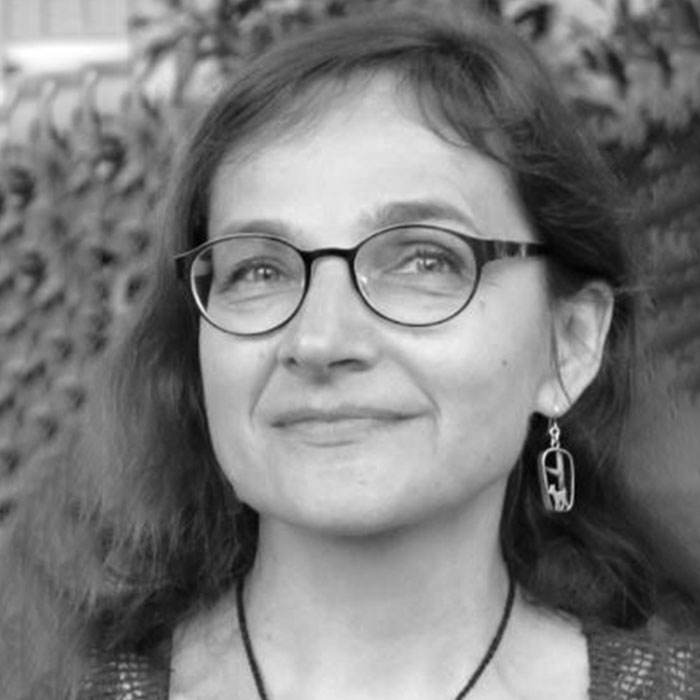
Päivi Aakko-Saksa - VTT Technical Research Centre Finland
Päivi Aakko-Saksa graduated with an M.Sc. degree from University of Oulu, from the department of organic chemistry. She worked from 1990 to 1993 as a research scientist in the oil refinery in Finland. Since 1993 Mrs. Aakko-Saksa worked at VTT Technical Research Centre of Finland. Her present position at VTT is a principal research scientist in the research area of fuels and exhaust emissions. Mrs. Aakko-Saksa has contributed in a number of national and international research programs.
SUMMETH – Sustainable Marine Methanol
SUMMETH project investigated the potential for the existing marine market to adapt to methanol, test and evaluate different methanol combustion concepts, and provide recommendations for on-board systems and adaptations required for these concepts. The distribution and availability of renewable methanol for marine transport was also evaluated. This presentation focuses on the results of the experimental work on the methanol combustion concept for the smaller vessels (engine segment from about 250 kW to 1200 kW).
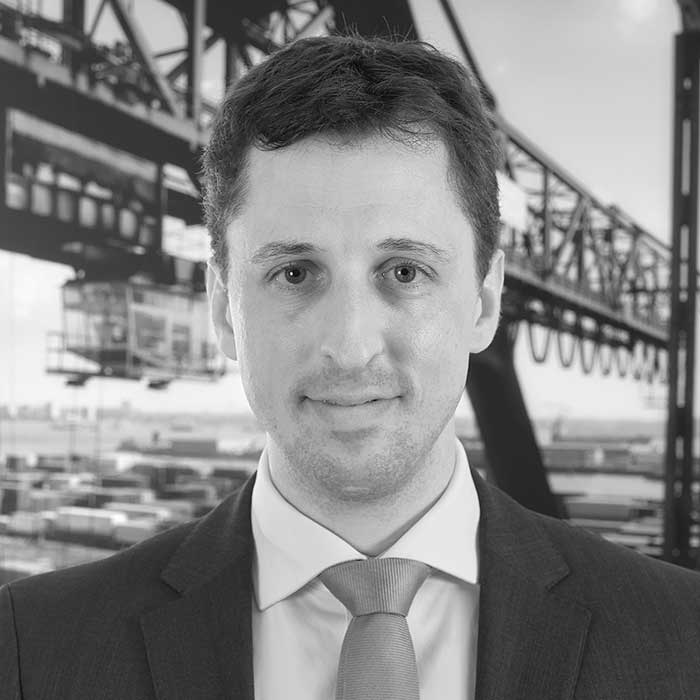
Roy Campe - CMB
Roy studied Aerospace Engineering at the Delft University of Technology. After his graduation he started to work as a researcher at the chair of Aerospace Sustainable Engineering and Technologies. He is the founder of Actiflow, a design and engineering company specialized in the development of flow related systems and products. After 10y as technical director, he went back to its roots and started to work for Ghent University at the incubation center GreenBridge in Ostend where he was in Innovation Support Manager for Energy efficiency, wind energy and blue energy. In 2015, he was attracted by CMB (Compagnie Maritime Belge) where he is driving force behind the Technologies department as R&D Manager.
HYDROVILLE – THE FIRST CLASSED VESSEL WITH DUAL FUEL HYDROGEN DIESEL COMBUSTION ENGINES
In 2016 CMB started its adventure with Hydrogen by the development of Hydroville. It was the kick off for the use of Hydrogen as a marine fuel. Now 2y later, more insight in the technology has been gathered and several lessons were learned. Now, CMB is making its next steps. With the presentation CMB is willing to share their vision and ideas about the use of the clean fuel hydrogen.
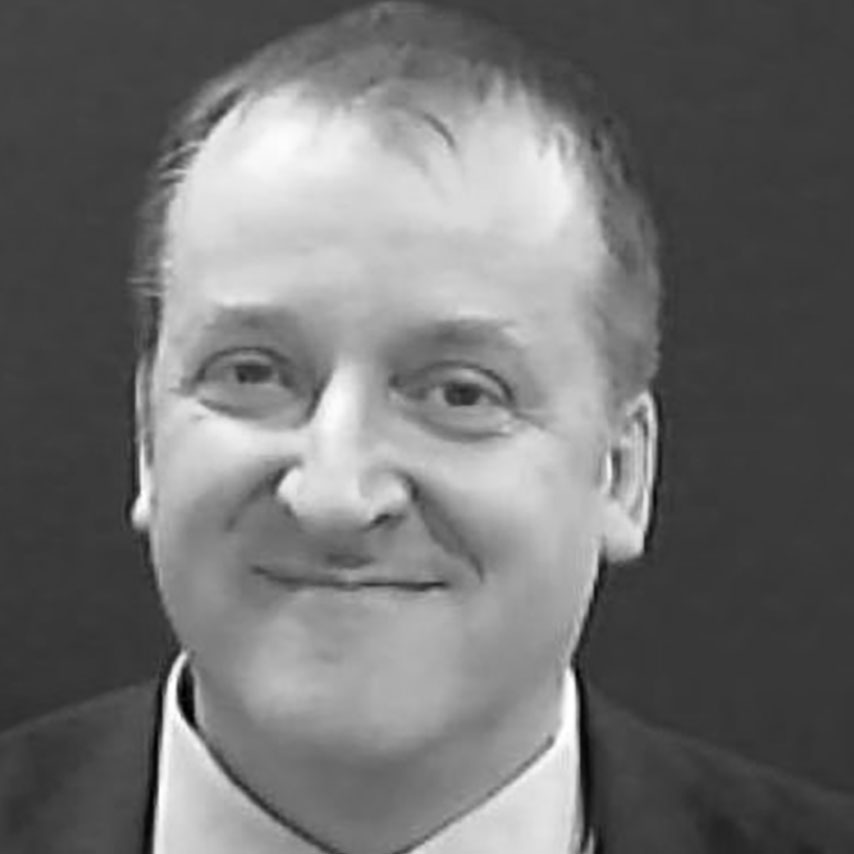
Peter Crawley - European Commission DG Research and Innovation
Within DG RTD, Mr Crawley leads Waterborne Transport research, and innovation, which typically invests around €50 million per year R&I has an increasing focus on sustainable shipping as well as addressing safety and competitiveness. Mr Crawley is the principal author of the R&I topics that are the basis of many of the EU projects presented within this forum
Following an initial nuclear engineering career, Mr Crawley joined the European Commission in 1999 where his career has increasingly focussed on the sea, maritime industry and shipping. Mr Crawley coordinates with external stakeholders including the industry platform Waterborne TP as well towards European policies lead by DG’s CLIMA, MOVE, MARE and GROW.
Most recently, Mr Crawley has returned following six months secondment to DG CLIMA where he has reinforced links between research, climate policy, Horizon Europe, Digital Europe Programme and the forthcoming climate Innovation fund.
Shipping innovation challenges within a framework for sustainable transport
What’s the challenge ? Cutting emissions and decarbonising. Scale ? Why should we care. Ambition means changing from business, as usual, beyond incremental compliance drive approaches. By when? Options? Achievements? No single silver bullet. What’s the EU doing and what support is available. Working together, overcoming fragmentation.
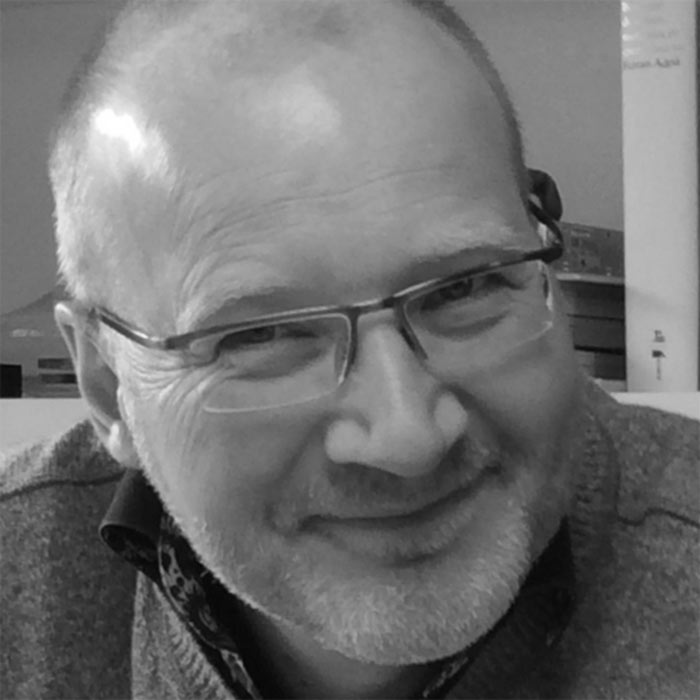
Eelco Dekker - Methanol Institute
Mr Eelco Dekker supports the Methanol Institute as their Chief Representative Europe since October 2014. Having worked as Chief Marketing Officer for BioMCN for the previous seven years, Mr Dekker brings extensive knowledge and experience to MI about the European opportunities regarding alternative fuel applications, renewable methanol production pathways and regulatory affairs.
Mr Dekker primarily supports MI in the fields of fuel blending and marine fuels, as well as exploring opportunities to broaden the use of methanol as diesel substitute, and supports MI and its members in growing the production of renewable methanol and CCU.
Mr Dekker holds a Masters Degree in Science of Business Administration from the Erasmus University in Rotterdam, The Netherland.
Plotting a course for methanol as marine fuel
After a brief introduction to methanol and the options to produce methanol in a sustainable manner, the presentation will focus on the use of methanol as an alternative marine fuel.
Examples of vessels in operation will illustrate how methanol is already used a fuel today, explain the benefits from a sustainability, storage and scalability perspective.
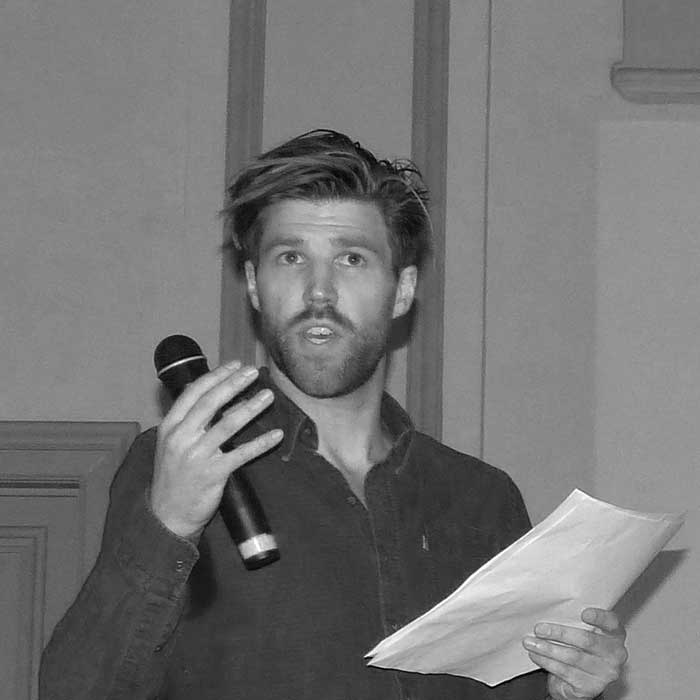
Ir. Jeroen Dierickx - Ghent University
Jeroen Dierickx has studied electromechanical engineering at Ghent University, where he obtained his master thesis with magna cum laude on converting a gasoline engine to pure methanol operation. He obtained a second master in general management at the Vlerick Business School in Ghent. He worked 6 years for Engie Electrabel. He has worked on energy management and trading, on project development of offshore wind farms in France, the Netherlands and Belgium and on long term partnership energy efficiency projects. The past two years he was responsible for LeanShips Work Package 5 with the objective to demonstrate the potential of methanol as an alternative marine fuel.
The potential of methanol as an alternative fuel
A major challenge that is faced by the marine industry is the reduction of greenhouse gases and harmful emissions like soot, nitrogen oxides (NOx), and sulphur oxides (SOx). UGent has developed a set of fuel selection criteria: sustainability, scalability and storability. Based on these three criteria methanol comes out as the most viable alternative for fossil fuels. As one of the most widely shipped chemicals in the world, methanol is already present in most terminals. It is also biodegradable and more environmentally friendly than oil-based fuels. Being liquid at atmospheric conditions is a major advantage in handling, distributing and storing methanol. Also, methanol burns cleaner and emits less pollutants than diesel. On top of this, methanol enables neutral CO2 emissions when it is produced from renewable electricity and captured CO2, the so-called green methanol.
In LeanShips Work Package 5, a high speed marine diesel engine has been converted with a methanol retrofit solution to dual-fuel operation in which the engine runs on both methanol and diesel. Ghent University and its partners Dredging International, Volvo Marine & Industry Center, Abeking & Rasmussen, Damen Shipyards and Methanex Europe, chose for the fumigation technology as a retrofit solution. The design requirements were to provide an easy and cost-effective retrofit solution that makes use of non-proprietary equipment, still providing full redundancy by enabling switching instantaneously between diesel and dual-fuel operation. The main advantage of the dual-fuel fumigation concept is its low cost, thanks to the low pressure methanol supply system (injectors and pumps).
The engine that is converted is a Volvo Penta D7C-B TA (265 hp), a high speed diesel engine used for smaller vessels. An extensive bench test program was performed on the converted engine and measurement data was recorded at different engine speeds ranging from 1000 to 2000 rpm and for varying loads, in total 28 load points were tested. At each load the methanol energy fraction was increased until the boundaries for substitution were reached.
In this presentation the choice for methanol, the engine retrofit conversion solution and the results of the bench tests will be discussed, concluding with the current barriers or working points for adopting methanol as an alternative fuel in the marine industry.
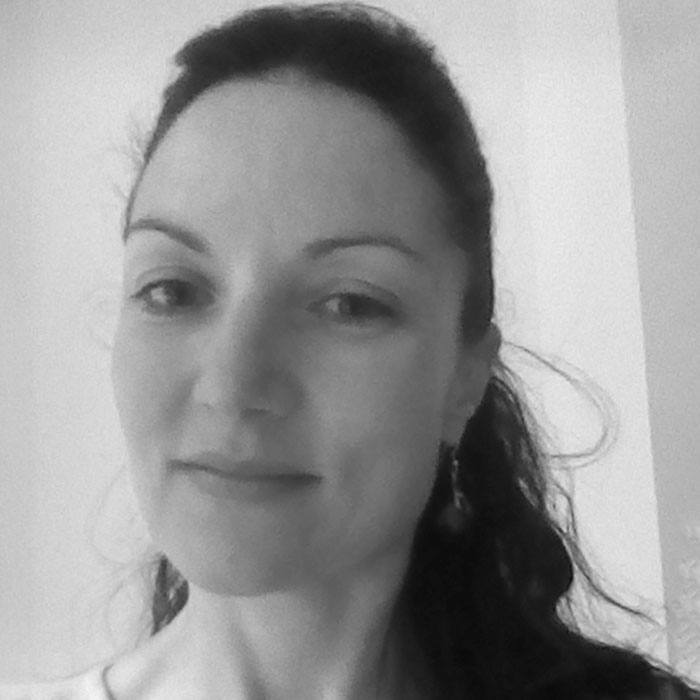
Laurence Grand-Clement
Laurence Grand-Clement is the founder and CEO of Persee, a young innovative company focusing on fast-tracking the deployment of hydrogen as a fuel for the energy transition through a suite of advanced digital tools.
Laurence is a graduate from Polytechnique in France and Insead-Wharton’s MBA. She spent most of her career in multinational companies in regional or global roles. Since 2013, she is committed to address climate change and local pollutions within entrepreneurial endeavours. Through Persee she notably contributes to the success of zero-emission maritime projects like Maranda and Flagships.
Is hydrogen becoming a must-have marine fuel?
Return on experience from Maranda & Flagships
The upcoming NOx and SOx regulations combined with IMO 2030/2050 vision on CO2 have impulsed a wind of change in the maritime sector. Hydrogen-Energy technologies, maturing thanks to road transportation applications have reached a first level of cost competitiveness qualifying them for demonstration projects in waterborne applications. If their intrinsic limitations (e.g. energy density) cast doubts on their ability to constitute a radical alternative to existing fuels, the question of the precise role they could play in the sector is at stake. This role is also likely to be influenced by local characteristics (in terms of energy orientation and tax regulation).
Through the experience of Maranda and Flagships, I’ll try to shed some light on a few insights to guide those considering hydrogen and fuel cell for investment.
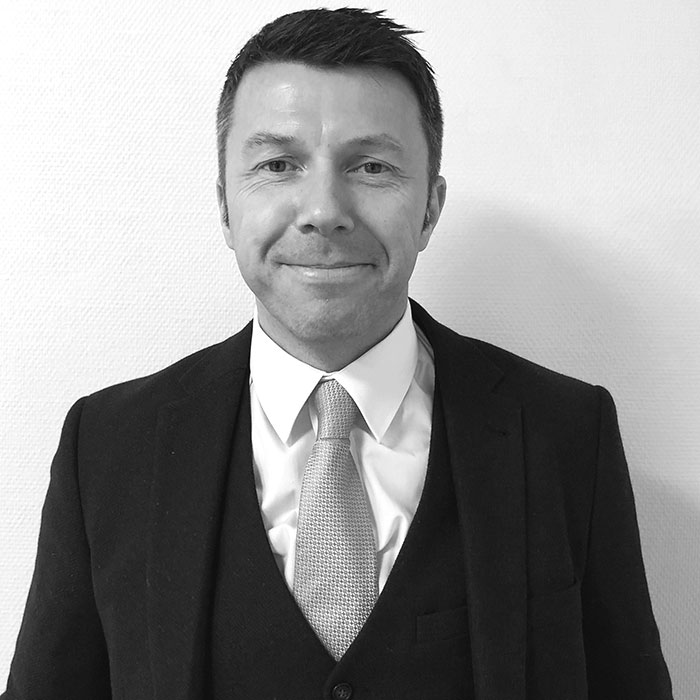
Dean Jennings
Dean Jennings, Vice President Marine BU, graduated from Royal Navy School of Engineering as a marine electrical engineer in 1990. He began serving in Frigates Minesweepers for his first ten years of career before joining ABB Marine team as senior commissioning engineer, delivering vessel power systems in Korean and Singaporean yards for key clients such as Maersk, BP and Statoil. He then took up a role as technical account manager for ABB Marine Port and Harbors in 2002.
In 2014, Dean took a position as Business Unit Manager, Sales & Marketing division for Kongsberg Maritime delivering marine automation systems to the oil & gas sector.
In the last year, Dean took up a position with Leclanche and heads up the E-Marine Business Unit, where he has grown the marine energy storage systems business with several key global projects such as E-Ferry “Yara Birkeland“ to name only one.
Dean holds a Bachelor of Science in Marine Electrical Engineering and is currently working towards an MBA.
Dean is married with 3 children and lives in sunny Scotland.
Energy Storage Solutions
Efficient and reliable energy storage solutions power the electrification of transport at a time when the transport industry is under pressure to use green technology to reduce harmful carbon and NOx emissions. Innovative energy storage adds critical stability to the grid and enables increased penetration of variable renewable energy sources into the overall energy mix. In addition, by strategically discharging power during periods of peak demand, energy storage can alleviate strain on the grid energy supply and reduce energy users’ exposure to high demand charges.
The impulse speech discusses the main aspects of energy storage and the importance of storage systems in the key application areas transportation and power supply. It focuses on the needs to have energy storage solutions to support the energy supply side infrastructure.
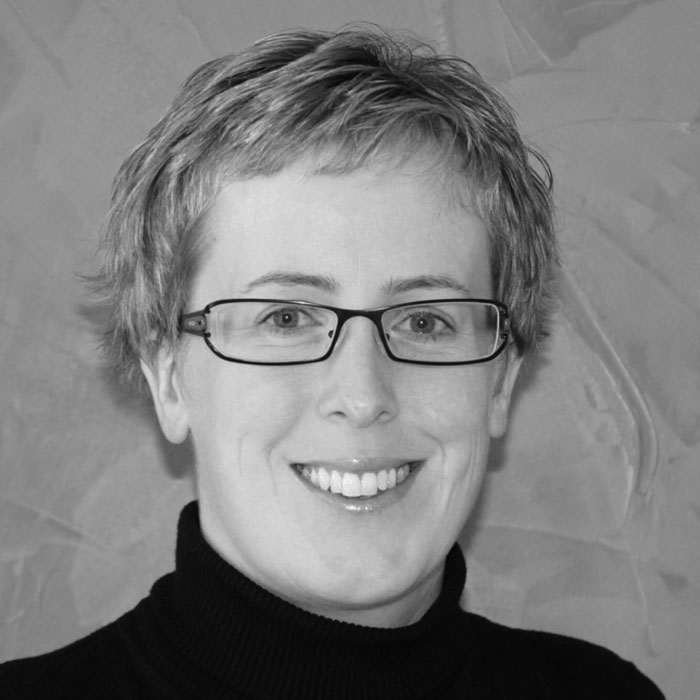
Lucia Karpatyova - Pro Danube Management
Lucia Karpatyova holds master degrees in qualitative methods in economics & business as well as in political sciences & international relations. She has 18 years of experience in international innovation and technology projects. In former positions, she worked as an expert in inland navigation, telematics and river information services (RIS). She participated in elaboration of standards and deployment of RIS in Slovakia.
Since 2012, Lucia works as the Senior Project Manager at Pro Danube Management GmbH. In her current position she coordinates the work in the Danube Innovation Transfer Centre – INDanube. INDanube supports Danube stakeholders in greening and digitalisation topics and elaboration of project proposals under various funding programmes. GRENDEL project (which will be presented) is one of such proposals prepared by INDanube.
Further to inland navigation (working as the project manager at Center Communication Systems) Lucia managed projects deploying communication systems for control centres of emergency service organisations (e.g. fire brigade command centre in Styria).
GRENDEL – Green and efficient Danube Fleet
GRENDEL supports the Danube fleet operators and their public counterparts in modernisation of the sector through improvement of environmental and economic performance of the Danube vessels fleet.
The main pillars of the project are:
- Increasing the knowledge among Danube stakeholders about greening technologies addressing low carbon & alternative fuels, reduction of air pollutant emissions (CO2, NOx, PM) and overall energy consumption as well as addressing digitalisation leading to improvement of transport & logistics management processes in order to ensure better integration of the Danube IWT into logistics chains;
- Supporting the investment capacity of stakeholders in the Danube fleet by developing innovative financial instruments at the transnational level (State Aid Scheme).
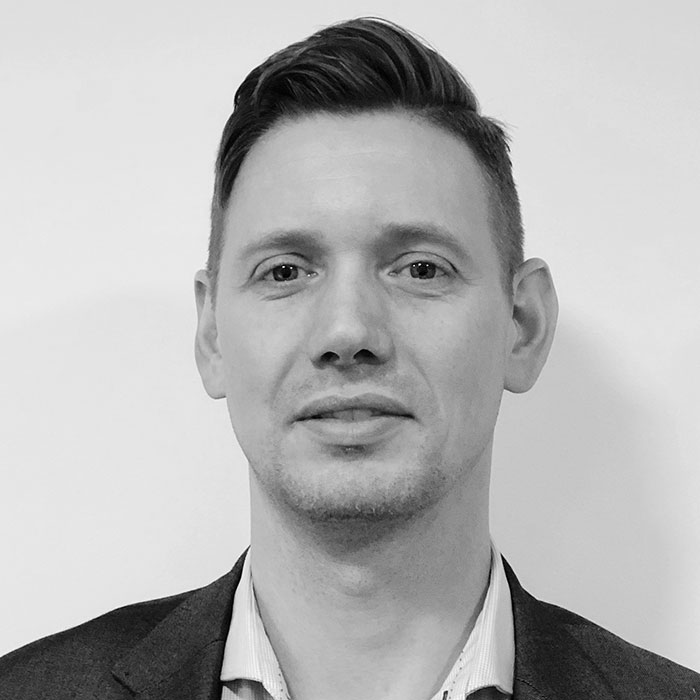
Peter Koch - Western Norway University of Applied Sciences
2004 = Dipl.-Ing. Chemical / process engineering FAU Erlangen-Nuremberg (Germany)
Feb. 2010 = Disputation
… on the application of laser-based measuring techniques for the investigation and optimization of in-cylinder processes in modern GDI engines
2010 = Postdoc NTNU Trondheim topic Carbon Capture & Storage (CCS)
01.01.2011 – 30.09.2018= Development engineer @ Rolls-Royce Bergen Engines (Emission certification and new technologies)
01.10.2018 – today = Associate professor @ Western Norway University of Applied Science (Coordinator master course thermal machine)
Between August 2014 and September 2018
X% Bergen Engines + (1-X)% University = 100% Employment
Other:
Member of the
… board of the Norwegian CIMAC NMA
… advisory board HyMethShip project (EU H2020 Project 768945)
… research group on value chain for liquid hydrogen
Zero emission (short sea) shipping – a recap of the Norwegian way
Norway’s leading position in alternative and zero emission propulsion solutions is reflected in amongst others the implementation of the world’s first LNG-fuelled vessel in 2000 (MF Glutra), the world’s first fully electric ferry in 2015 (MF Ampere) as well as the development of a hydrogen fuel cell and plug-in battery system ferry with a planned start-up in 2021. The successful implementation of advanced technological solutions is closely connected to the establishment of financial support schemes such as the Business Sector`s NOx Fund. This presentation discusses the technical, social-political and historical framework for the implementation of low and zero-emission propulsion solutions in Norwegian costal shipping.
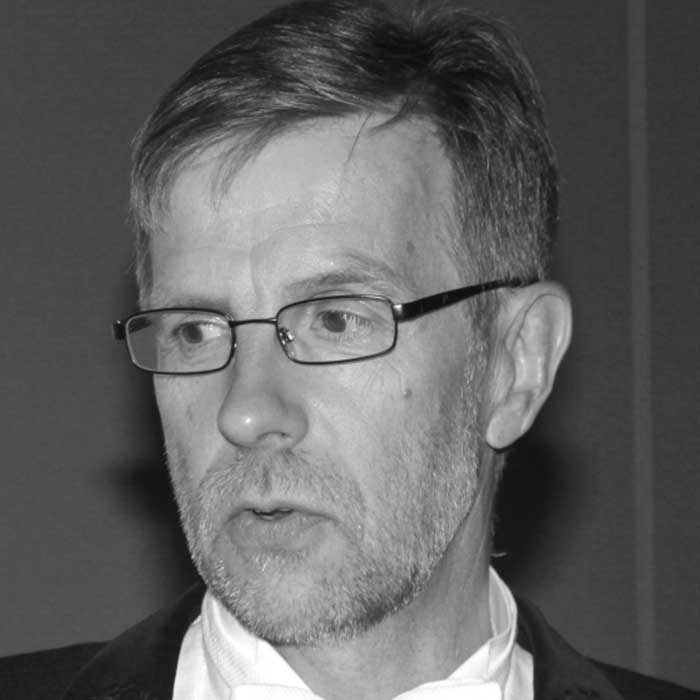
Martti Larmi - Aalto University
Professor Larmi has been a Professor in Aalto University (former Helsinki University of Technology) in Internal Combustion Engine Technology since 2001. He graduated as MSc (Tech) in Mechanical Engineering in 1984 and as DSc (Tech) in 1993 in Helsinki University of Technology. He gained industrial experience in Wärtsilä Marine Industries for five years 1984-1989, before the academic career. At present, Professor Larmi is Head of the Research Group of Energy Conversion in Aalto University. The research group employs four professors and over 30 other professionals. He has also acted as Director of the Advanced Energy Solutions Master’s Program in Aalto University until 2019.
ADVANCEFUEL EU-project and Marine Fuels
Description
(200 – 500 characters) The on-going ADVANCEFUEL-project aims to facilitate the commercialization of renewable transport fuels by providing market stakeholders with new knowledge, tools, standards and recommendations to help remove barriers to their uptake: http://www.advancefuel.eu/.
In the ADVANCEFUEL project, Aalto University has developed models of fuel property effects on end use performance for SI- and CI-engines.
The modelling approach will be explained. The models of SI-engine and CI-engine fuel consumption/CO2 emission is based on density, lower calorific value (net calorific value), oxygen content and Octane Number (ON); and density, lower calorific value, and Cetane Number (CN) respectively. The statistical accuracies of the models are very high for the fuel consumption data of driving cycles for light-duty vehicles. Marine engine model, based on publicly available data, is simpler, without the CN rating but including viscosity instead.
New marine fuel and combustion studies in Aalto University will be highlighted, as well. The main focus is on dual-fuel methane combustion, methanol sprays and combustion. Some optical observations and single cylinder experimental results will be presented.
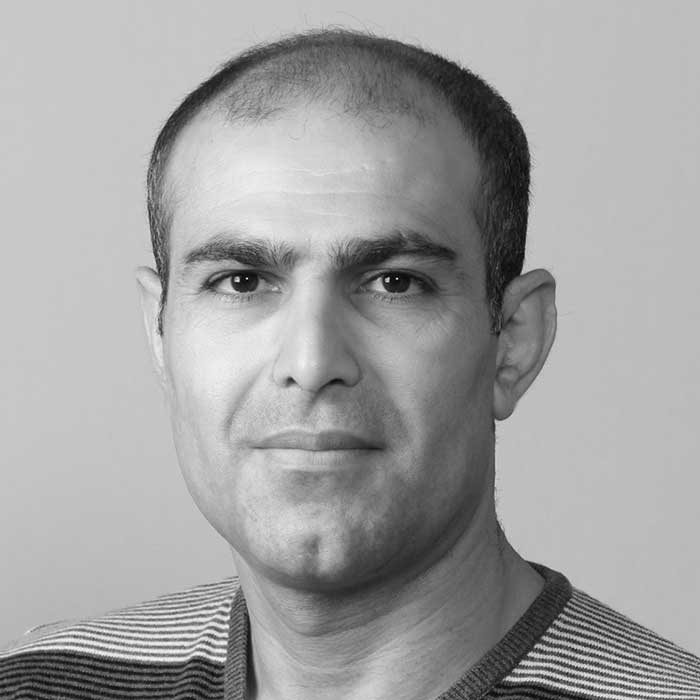
Saeed Mohebbi - Swedish Transport Agency
Saeed Mohebbi was born in Shiraz, Iran in 1966. At the age of 20 he moved to Sweden, where he has lived ever since.
Saeed received a degree in Marine engineering from Maritime university of Kalmar, Sweden in 1996 and has worked as marine engineer for five years. After receiving a degree as electrician in 2003 he was managing his own company for several years. 10 years ago, he joined Swedish Transportation Agency where he is currently working as advisor for machinery- electrical installations and alternative fuels.
Swedish Transport Agency, the Swedish administrations experiences and vision for change over to alternative fuels
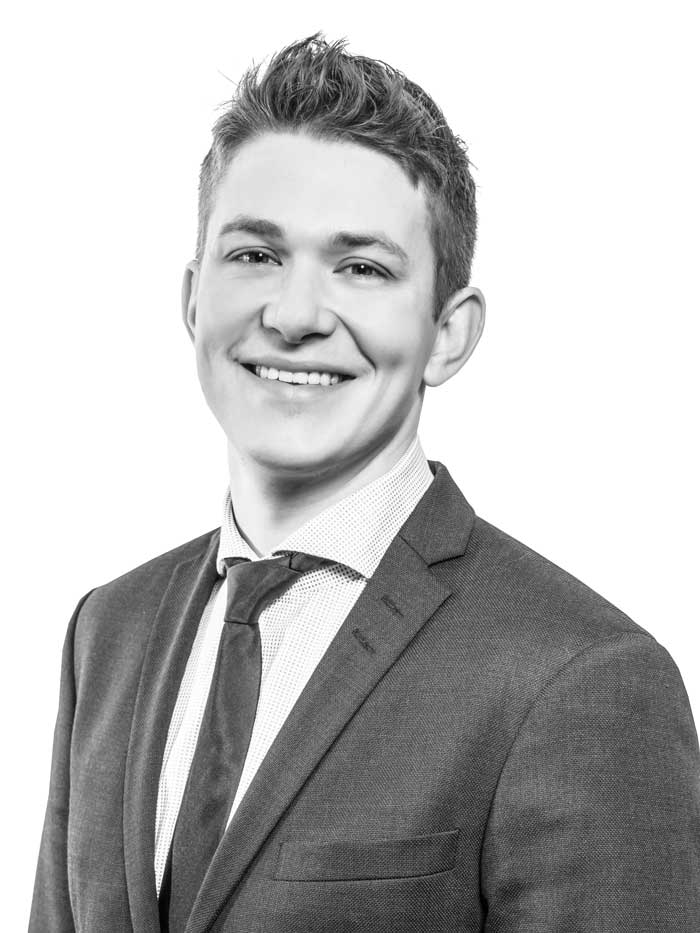
Johannes Oeffner - Fraunhofer CML
Johannes Oeffner works in the field of innovative technical shipping solutions at the Fraunhofer CML. He has a background in biology and Biomimetics/Locomotion where he received strong experimental and numerical (CFD) fluid dynamics. Prior to the CML, he was working as a Hydro acoustics scientist in New Zealand, participating in experimental research surveys and being involved in signal processing, data handling and analysis. Johannes has co-authored scientific literature on biomimetic sensing and fluid dynamics, fisheries hydro acoustics and autonomous navigation systems. He is coordinating the EU-Project AIRCOAT with the aim to develop a disruptive friction reducing ship coating.
AIRCOAT – A bio-inspired passive air lubrication technology to increase sustainability and fuel efficiency of ships
The EU project AIRCOAT (Air Induced friction Reducing ship Coating) aims to develop a passive air lubrication technology inspired by the Salvinia effect. AIRCOAT aims to produce a self-adhesive biomimetic hull surface with a high potential to significantly reduce the frictional resistance of ships. This contribution will introduce into the AIRCOAT project, elaborate on the underlying mechanisms and outline the potential for being a future sustainable shipping technology.
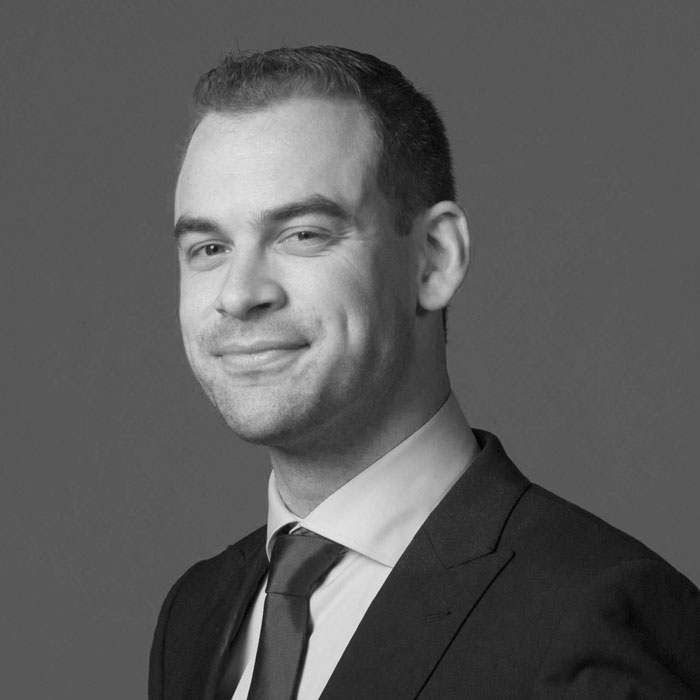
Roel van de Pas - Nedstack
Roel van de Pas is Chief Commercial Officer at Nedstack Fuel Cell Technology BV. Within the NFCT board of directors Mr. Van de Pas is responsible for the commercialization and industrialization of the Nedstack PEMGEN™ fuel cell power installation portfolio with a strategic focus on the maritime industry.
Let’s Navigate towards Zero-Emission Shipping!
The introduction of marinized fuel cell power solutions in the maritime domain will radically affect the energy vectors used in the maritime environment and will dramatically change the energy flows and transformations within the marine energy and propulsion system. This short speech will address the integration of PEM fuel cell technology from the holistic perspective of the maritime energy system and is a call to action.
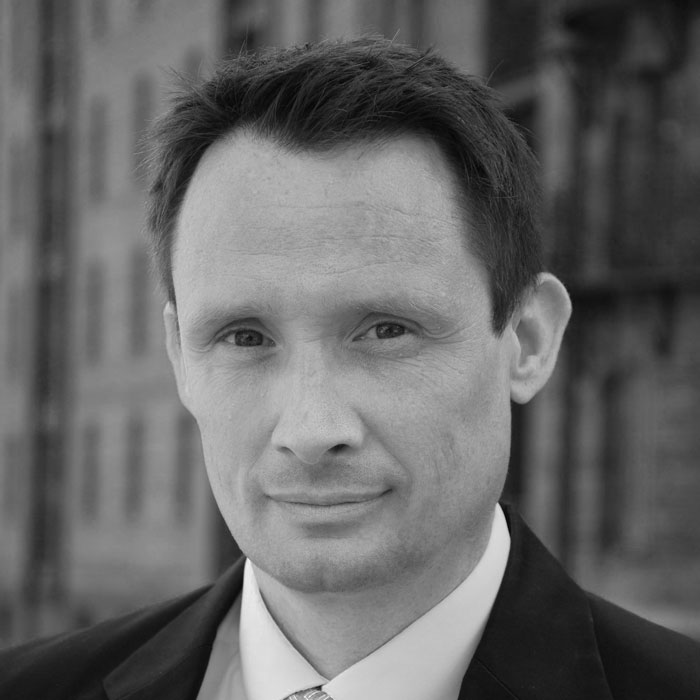
Karsten Schönewald - Flotte Hamburg
Karsten studied engineering in Kassel (Germany) and closed his formation with a degree as welding engineer. After his initial employment with German Railways (Deutsche Bahn), he has been working for the Hamburg Port Authority (HPA) for the past 10 years. Since 2016, he has been responsible for the ship fleet of the HPA and developed the concept of a fleet management for the City of Hamburg. In 2017, he became Managing Director of the newly formed Hamburg Fleet (Flotte Hamburg), a daughter company of the HPA. Karsten is responsible for the environmentally friendly orientation of the fleet.
An urban fleet turns green
The Hamburg Fleet operates about 50 ships for the use around the Port of Hamburg, including typical “work ships” (small tug boats, etc.), as well as pilot boats, police boats and fire boats. The consolidation of these different ship categories is a unique project in Germany.
Since the Port of Hamburg is located in the city center, environmental friendliness is a highly important issue. The Hamburg Fleet takes on the pioneering role and is engaged to lead by example.
The underlying concept for an environmental – friendly operation of the fleet will be presented in the lecture.
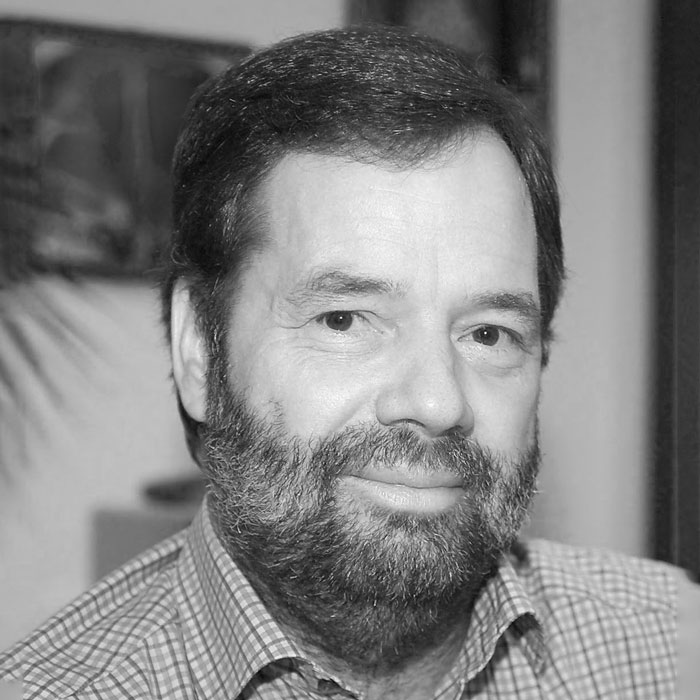
Gerhard Untiedt - MEYER WERFT GmbH & Co. KG
Mr. Gerhard Untiedt, Dipl.-Ing. was born 1954 and has studied electrical and mechanical engineering. After he has worked for Siemens and a maritime consulting company, he started to work for MEYER WERFT in 1984. He has a strong practical and theoretical expertise in ship engineering, in leading positions. As project manager for several new-built ships he gained a lot of experience. In recent years he is responsible in the research and development of strategic projects dealing with energy and environmental questions. He is a member of several councils and bodies.
MethaShip – Methanol as long term solution for climate neutral shipping
Facing increasing environmental awareness, shipping is obliged to contribute to the reduction of greenhouse gas emissions. For this, alcohols as fuel for shipping are being considered more and more. A whole series of advantages result from the fact that they are liquid under ambient conditions. Among other things, because of this attribute, they can be stored on board ships in a particularly space-saving and simple manner. In particular, the simplest alcohol – methanol – is virtually predestined for shipping. It burns particularly cleanly, has excellent environmental compatibility, is easy and safe to handle, and is available globally as a raw material for industry already. In addition, methanol can be produced renewably via various pathways in a simple way. The suitability of methanol for marine applications, with a focus on passenger ships, the associated design of on-board systems, questions regarding the supply infrastructure, and aspects of renewable production are the focus of MethaShip’s research.
The MethaShip project has shown that there is a lot to be said for the use of methanol as a maritime fuel and that it could become “first choice”. At present, methanol market price is higher than the price of conventional marine fuels. However, it is advantageous from a ship construction perspective, it has excellent environmental properties and as renewable fuel it has the potential to become the cheapest in the future. Methanol can be stored long-term and as a substance itself methanol has no greenhouse gas potential. Finally, its availability, its existing supply chains and established technologies for handling, which are already in place today, also predestine methanol as a marine fuel allowing a continuous transition from fossil to renewable supply.
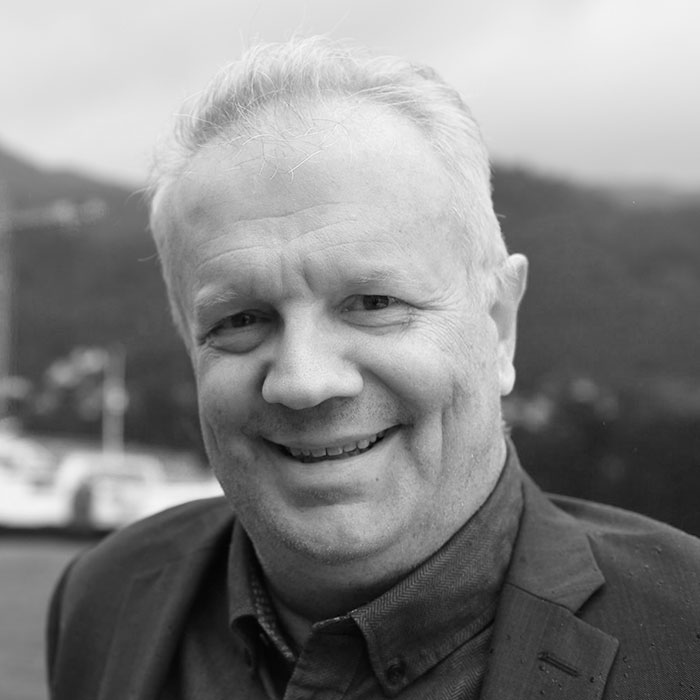
Edmund Tolo - Fjellstrand Yard
Edmund Tolo has more than 35 years’ experience within ship building, maritime system engineering and management. For the majority of these years he has worked at Fjellstrand yard, both in Norway and in Singapore. Within this time Edmund has worked with a range of pioneering projects within the car ferry and fast going passenger vessel sectors. Amongst other he was responsible for R&D and project development during the building of the world’s first all-electric ferry in 2015; the MF “Ampere”.
TRANSPORT: ADVANCED AND MODULAR
The EU TrAM project will develop a fully electric, zero emission fast going passenger vessel through advanced modular production. New manufacturing methods will contribute to 25 per cent lower production costs and 70 per cent lower engineering costs. The project is revolutionary both in terms of zero emission technology and manufacturing methods. At least one demonstrator vessel will be physically built to operate a multi-stop commuter route into Stavanger, Norway.
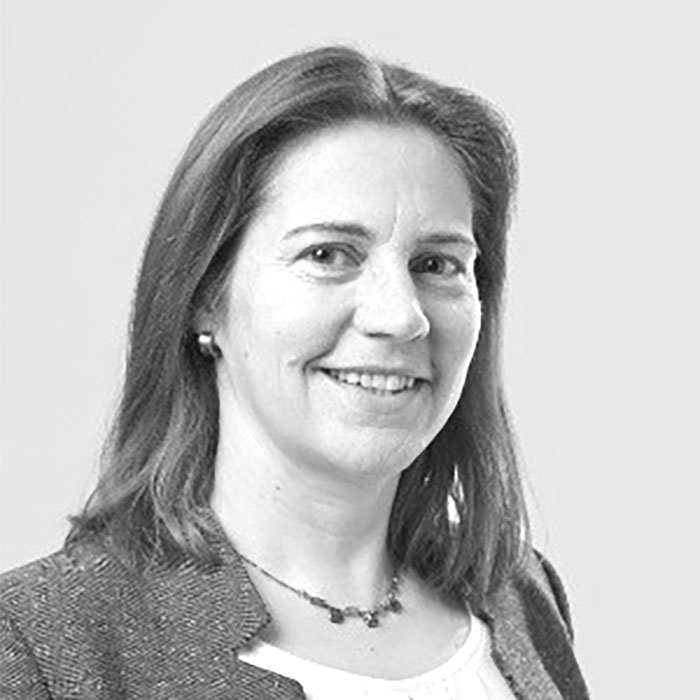
Nicole Wermuth - LEC GmbH
Nicole Wermuth studied Mechanical Engineering at the Technical University of Braunschweig and graduated with a Doctorate degree. She completed her postdoctoral studies at the University of Michigan, Ann Arbor, focusing on laser diagnostics in internal combustion engines. Prior to joining LEC GmbH as Technical Project Leader in April 2018, she held various positions in engine research and development in the automotive and the power generation business.
HyMethShip – On the way to zero emission shipping
HyMethShip is a cooperative R&D project funded by the European Union’s Horizon 2020 research and innovation program. The project aims to drastically reduce emissions while improving the efficiency of waterborne transport. The HyMethShip system has the potential to achieve a reduction in CO2 emissions of up to 97 % and practically eliminate SOx and particulate matter emissions. NOx emissions will fall by over 80 %, safely below the IMO Tier III limit. An overview of the concept and first results of HyMethShip will be presented.
